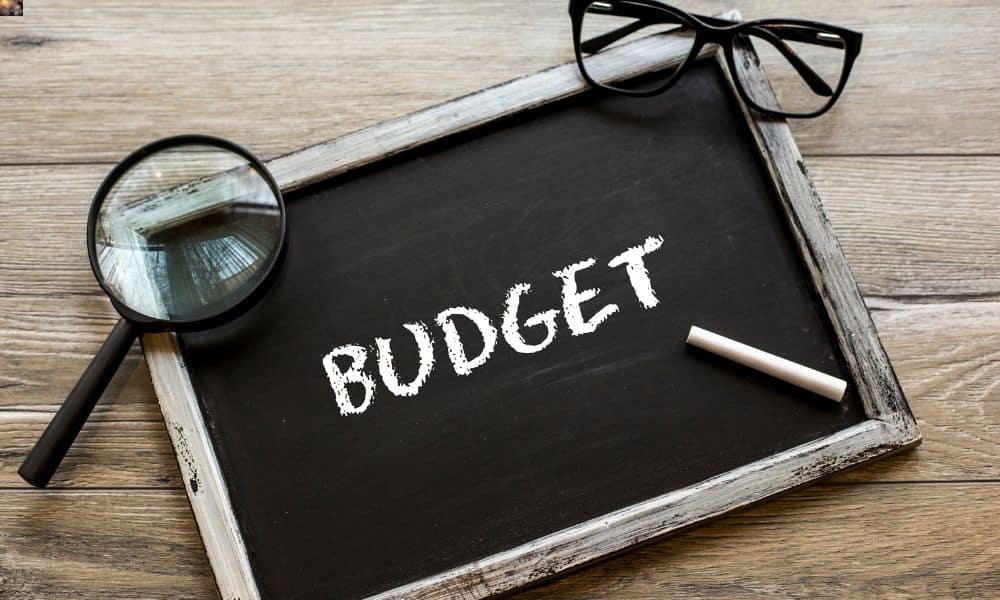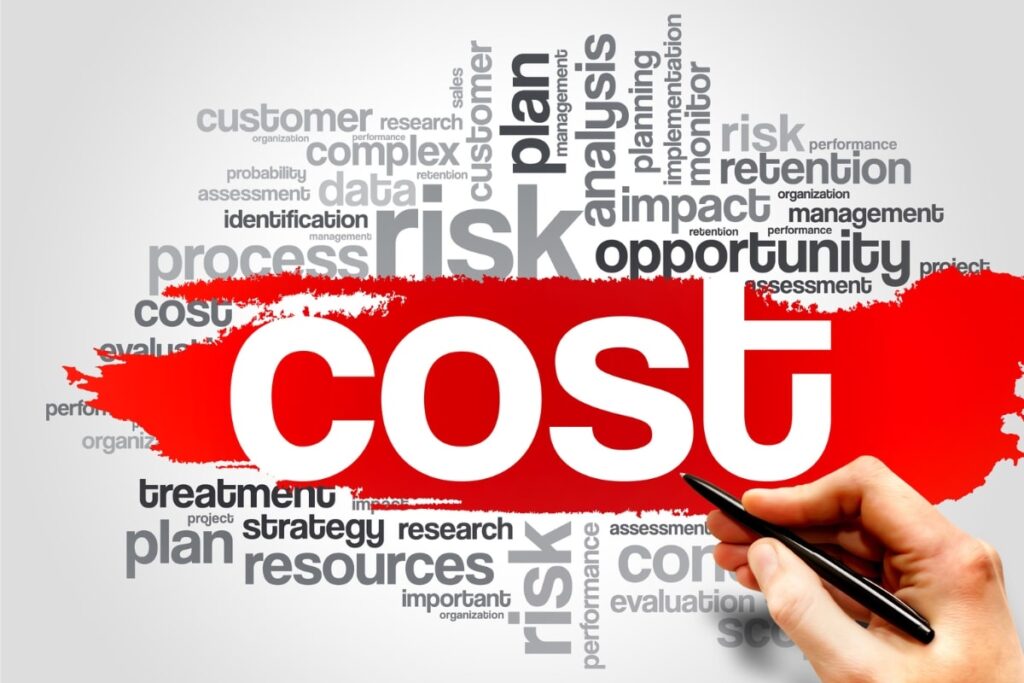Are you trying to invest in your health and want to know more about how your finances may impact the quality of your diet? The adage, “health is wealth,” holds profound wisdom. It signifies the invaluable connection between your physical well-being and your financial situation. Thus, your finances impact the quality of your diet because the higher quality foods cost more. In this article, we’ll delve into the fascinating relationship between personal finances and our choices regarding our diets. We’ll also explore the origins of the slogan “health is wealth” and how our finances impact our eating.
The Origins of “Health Is Wealth”
The phrase “health is wealth” dates back to ancient times, echoing the wisdom of sages and philosophers. Also, it emphasizes that true wealth isn’t just about financial riches; it encompasses the priceless asset of good health. Also, you possess the foundation for a fulfilled and prosperous life by being healthy.
The Financial Impact on Dietary Choices
- Fresh and Nutritious Foods: Financial stability allows you to afford fresh produce, lean proteins, and other nutritious foods, making it easier to maintain a balanced diet.
- Food Accessibility: Personal finances determine your access to various types of foods. Limited budgets may lead to reliance on processed, less nutritious options.
- Eating Out vs. Cooking at Home: Financial resources can influence whether you dine out frequently or prepare homemade, healthier meals.
- Food Quality: High-quality, organic, locally sourced food often comes with a higher price tag. Your financial situation may dictate your ability to prioritize such options.
- Dietary Education: Investing in dietary education, such as cooking classes or nutritionists, is more feasible when your finances allow it.
Balancing Health and Wealth
- Budget Wisely: Create a balanced budget that includes provisions for healthy food. Allocate resources for quality, nutritious options.
- Meal Planning: Plan your meals ahead of time to avoid spontaneous, potentially unhealthy spending.
- Invest in Cooking Skills: Cooking at home is generally more cost-effective and healthier. Invest in improving your culinary skills for better food choices.
- Financial Health Check: Regularly assess your financial situation. Seek professional guidance to maintain your financial health.
Conclusion
The interplay between personal finances and dietary choices is undeniable. Thus, your finances impact your diet by determining what foods you can purchase. The slogan “health is wealth” speaks volumes about the intrinsic link between a healthy lifestyle and financial well-being.
By recognizing the impact of your financial situation on your diet, you can make informed choices to prioritize health without sacrificing your financial stability. Also, striking a balance between health and wealth is achievable and imperative for a life of true abundance and prosperity. So, if you or someone you know is looking to improve your health, share this article on Facebook or Twitter so that others can learn more about self-care.




